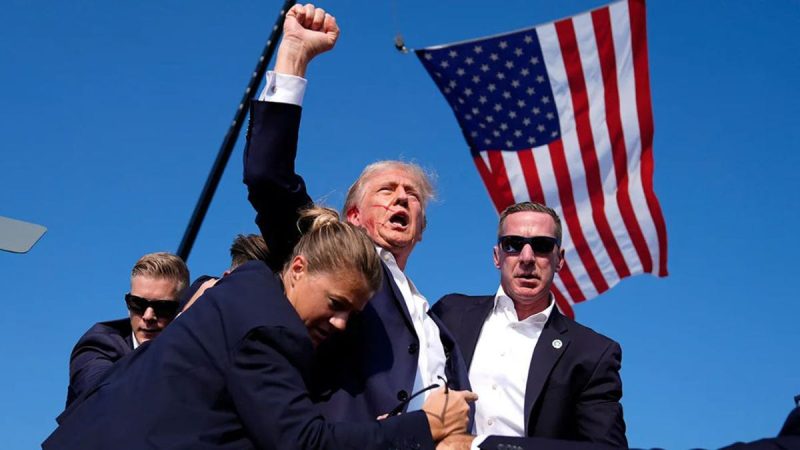In recent times, the safety measures encircling the United States’ most prominent figures have been brought into focus due to the several assassination attempts aimed at one of the most polarizing political figures of recent times – Donald Trump. An event of this magnitude led Congress to take decisive action, culminating in the unanimous passing of the Secret Service Protection Act.
The Secret Service Protection Act was ushered through the House with an astonishing 100% vote agreement, a testament to the dire need for reinforced protective measures. To understand the relevancy of this Act, it is vital to comprehend the inherent dangers that underpin the political landscape, especially to former United States president Donald Trump. Over the years, several assassination attempts, including an attempt wherein authorities intercepted a ricin-laced package, have targeted Trump.
The Act seeks to bolster the protection efforts surrounding every individual protected under its mandate by amending the Internal Revenue Code of 1986. This amendment allows the U.S. Secret Service to utilize funds kept in a special account for protective purposes, adding a layer of financial strength to fortify the security efforts. Important to note that these funds are generated by fines, penalties, and forfeitures collected through criminal investigations around counterfeiting violations – a collection sphere that fits in the larger umbrella of Secret Service operations.
The Secret Service Protection Act encompasses a broad range of individuals, including the President, their immediate families, former Presidents and their spouses, and certain other individuals identified as potential targets due to their position or profile. The unanimous passing of the bill underscores a profound understanding across party lines of the dangers these individuals face and the necessity of ensuring their safety.
Undoubtedly, the Secret Service Protection Act’s passing has been influenced by the glaring security threats directed at Donald Trump, which has triggered conversations concerning robust and efficient protective measures. Investigative efforts after these threats unveiled a multitude of sophisticated plans against the former President, cementing the need for more vigour in security.
Moreover, The Secret Service Protection Act underlines an essential clause that ensures personnel are trained adequately in their line of duty operations. This will diversify the skill sets of the Secret Service agents, keeping them prepared for evolving security threats, thereby improving overall efficiency.
One of the fascinating aspects of this legislative effort is its sheer unanimity; it is rare for policies to navigate the rough channels of Congress without encountering any political roadblock. The non-partisan approval speaks to the importance of protecting the nation’s top figures, irrespective of their political ideologies.
In summary, the Secret Service Protection Act serves as a proactive measure to mitigate the risks faced by high-profile individuals in the United States. It serves as a testament to Congress’s role in acting swiftly to ensure the security of the nation’s leadership following the unsettling assassination attempts on Donald Trump. The Act is a catalyst for change in the realm of national security, amplifying the capacity for executives’ safety and standing as a symbol of bipartisan unity in the face of grave potential threats.






























